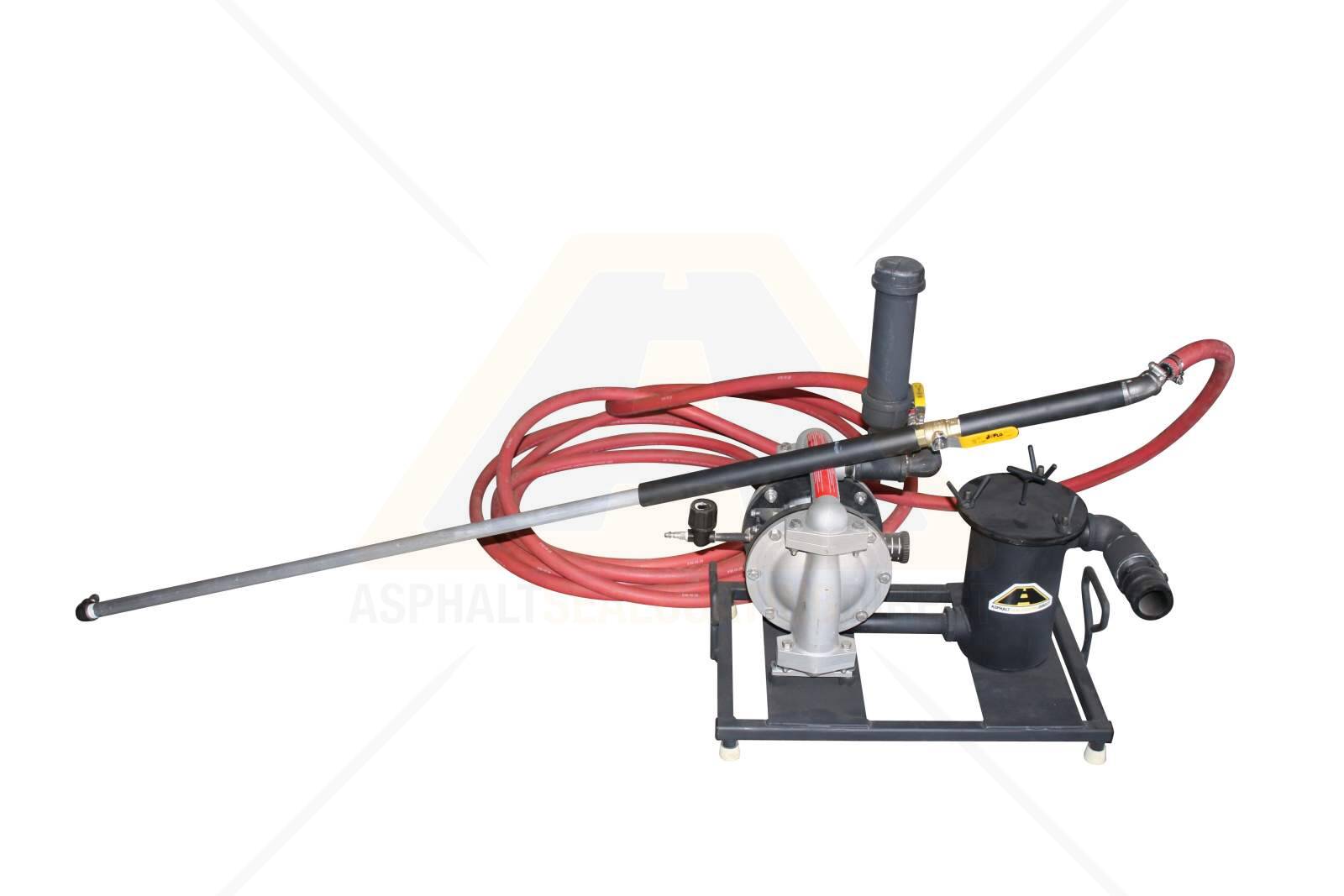Swift Solutions for Asphalt Spot Repair: Ideal Securing Methods
Swift Solutions for Asphalt Spot Repair: Ideal Securing Methods
Blog Article
Cold Mix Asphalt Vs. Hot Mix Asphalt: Which Is Right for You?
.png)
Composition Differences
Cold mix asphalt is generated by emulsifying the asphalt binder with water and an emulsifying agent prior to mixing it with accumulation. The warm mix asphalt production procedure involves heating up the accumulation and asphalt binder individually prior to combining them at the asphalt plant.
In addition, cold mix asphalt has a tendency to be much less dense and extra flexible than warm mix asphalt. This flexibility makes it better fit for areas with greater degrees of activity, such as driveways or roadways with heavy website traffic. In contrast, hot mix asphalt is recognized for its high sturdiness and resistance to rutting and breaking, making it a recommended option for freeways and high-traffic roadways where longevity is essential.
Installment Refine Variations
The procedure of mounting chilly mix and hot mix asphalt displays significant variations in their requirements and treatments. In comparison, warm mix asphalt requires a more sophisticated installation process. Due to the heating demands, warm mix asphalt installments are generally lugged out by specialists with customized devices, making sure a more structurally sound and long-term result.
Resilience and Long Life Aspects
When considering asphalt options, sturdiness and long life are vital variables to assess for long-term pavement efficiency. Hot mix asphalt (HMA) is recognized for its phenomenal toughness and durability. The heats throughout the laying and mixing procedure permit far better compaction, leading to a denser and stronger pavement framework. This brings about HMA being more immune to rush hour loads, extreme weather, and the effects old contrasted to cold mix asphalt (CMA)
In terms of durability, HMA commonly surpasses CMA because of its superior strength and resistance buildings. HMA pavements have a longer solution life, needing much less regular repairs and upkeep, which can equate to cost savings in the future. Additionally, HMA pavements are extra quickly customizable to satisfy certain job demands, even more boosting their longevity.
Cost Factors To Consider
Taking into consideration the economic effects is an important element when examining the selection between hot mix asphalt (HMA) and cool mix asphalt (CMA) for sidewalk tasks. While the preliminary price of warm mix asphalt is generally greater than that of cool mix asphalt, HMA frequently offers a more affordable option in the future as a result of its remarkable durability and long life. HMA is known for its capacity to endure rush hour loads and severe weather, Recommended Reading minimizing the need for frequent fixings and upkeep. On the other hand, cool mix asphalt is more inexpensive ahead of time however may need even more constant patching and resurfacing, leading to higher upkeep prices with time.
In enhancement to product costs, it's vital to think about the expenditures connected with installation and article source upkeep when contrasting HMA and CMA. HMA generally requires customized equipment and knowledgeable labor for proper setup, which can impact overall job costs. Alternatively, CMA is less complicated to deal with and can often be used using easier techniques, possibly decreasing installment expenses. Ultimately, the decision between HMA and CMA ought to take into consideration not simply the first price but also the long-term economic ramifications to figure out the most cost-efficient alternative for the details pavement job.
Environmental Influence Comparison
Comparison of the environmental effects between hot mix asphalt (HMA) and chilly mix asphalt (CMA) reveals distinctive differences in sustainability techniques. HMA production needs high temperature levels, leading to increased power intake and greenhouse gas exhausts.
In addition, the use of check my blog CMA commonly involves reusing existing asphalt sidewalk, advertising source conservation and reducing the amount of waste sent to land fills. By choosing for CMA over HMA, roadway building projects can contribute positively to ecological preservation initiatives.
Conclusion
In final thought, the option between chilly mix asphalt (CMA) and warm mix asphalt (HMA) depends upon various factors such as structure, installation procedure, sturdiness, long life, expense, and environmental effect. cold mix asphalt. While CMA supplies a affordable and quick option for small repair services, HMA ensures premium resilience and durability for rush hour locations. Take into consideration these factors thoroughly to establish which sort of asphalt is the right option for your paving requires

Thinking about the economic effects is a crucial facet when reviewing the selection between hot mix asphalt (HMA) and chilly mix asphalt (CMA) for pavement projects. While the preliminary price of warm mix asphalt is generally greater than that of cold mix asphalt, HMA often provides a more cost-efficient solution in the long run due to its superior durability and longevity. cold mix asphalt.Contrast of the ecological effects between hot mix asphalt (HMA) and cold mix asphalt (CMA) exposes distinct differences in sustainability practices.In conclusion, the option in between cold mix asphalt (CMA) and hot mix asphalt (HMA) depends on different elements such as composition, setup process, toughness, longevity, expense, and environmental effect
Report this page